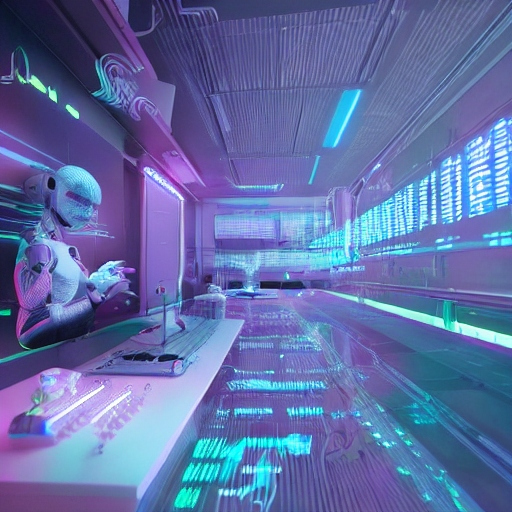
This is necessarily a touchy subject and one that I generally haven’t written much about despite how interesting it is to me. It’s a polarizing issue, and when issues get polarized the people in the middle generally get pushed against a wall and shot.
I don’t like being shot, really, but I’ve stewed on it.
Here’s the thing. I’m a tribe of one. My genetics come from a lot of people from all over the world that were productively sexual. A read on my genetics will link me to Genghis Khan, as an example, and I’m not Mongolian by any stretch. When it comes to prejudice, I have known many and none were actually about who I am but who I looked like.
I have never been judged on my genetics.
I have always been judged based on appearance. When I went to college so many years ago, the financial aid office had stuff for people of African descent, Native American, and even for people of Hispanic descent (it was just beginning)… but there I was, a guy with a West Indian version of an East Indian surname whose genetics included a slave trader, indentured laborer, a famous artist… the list goes on. My genealogy is a history of the world in some regards. The financial office had nothing special for me because I wasn’t black enough or hispanic enough. Later on I would find I might have claimed hispanic because of the Portugese of my great great grandmother, but even that would have been a stretch.
Affirmative action never helped me. When asked what ‘race’ I was, I always said, “other”, and when asked to explain, I simply put, “None of the above”. Affirmative action to me was just a thing where some people got a step up on the ladder and I had to climb it myself from the ground. It never bothered me because it was rare for me to find someone who didn’t merit that step up and I never understood tearing someone down to get ahead. Yet in a way, and this may sound horrible to some who are grounded in decades of affirmative action… affirmative action does much the same.
And.
It was also arguably necessary because of a bunch of racist policies at the time, so the argument that it was necessary is not something I will ever argue against. I have seen racism, I have even experienced it as someone mistaken for one group or another.
And.
Re-evaluating it’s necessity now is something we should consider. The grounding of affirmative action has been that people deserve opportunity based on merit, and there were those not getting that opportunity despite having the merit because of racism – racism, manufactured from the stupid human concept of ‘race’ which has no scientific basis whatsoever. If you send someone a copy of your DNA and nothing else, they cannot guess what you look like… yet? Maybe in the future, but not in the conceivable future.
I read the interview with Edward Blum, and it was not what I expected. It echoed my own sentiments, which I have kept to myself because I lacked enough knowledge. Affirmative action is a big red button I simply did not want to push because I’ve never benefited from it, and I was also aware that race was an issue. I was reminded every time I was mistaken for Mexican, Puerto Rican or Cuban, depending on facial hair, and even that is not a race. Even Latino is not a race. The diversity of those groups is astounding.
Just like ‘white people’. What is called ‘white’ wasn’t always considered ‘white’. The Europeans brought with them their own stigmas to the United States, and the Irish and Italians as examples were not considered ‘white’. Jews are Middle Eastern in origin themselves, they’re not ‘white’, and nowadays when we talk about ‘white’ we’re talking about some mix of European ancestries – unless you go to far East from Europe and start getting to the confusing areas where Asian and European merged thanks largely to the Mongol Empire.
What we do know is that if you stick two different people together, they have sex and their children are neither and both at the same time while becoming… unique.
That said, I’d suggest a read of this interview with Blum, and do so with an open mind. Look at the points he makes, the rebuttals, and consider it. If anything, it’s fodder for discussion.
Bigotry based on ‘race’ will eventually get screwed out of society, of that I’m sure, but in the interim, the next decades are what we need to look toward. Affirmative action as it stands may need to be looked into, not because we want to make things unfair, but because we do honestly want to make things fair for everyone.
Including mixed up genetic soups like me who make no claim to the major minorities. The answer is not more systemic bigotry, it’s less, and we need to take a hard look at that.

